Data and AI
Better utilisation of data and artificial intelligence is key to promoting Finland’s well-being and accelerating sustainable economic growth. How do we solve the challenges and seize the opportunities data and AI offer?
What is it about?
There has been an explosion in the volume of data worldwide. This provides opportunities for transforming the economy and society. Data can be used to produce better services and well-being, and the ability to use data is required to solve the sustainability crisis.
Our digital everyday life generates data, the refinement of which into knowledge demands a wide range of competence and resources from companies. At the same time, completely new solutions can be created and businesses can strengthen their competitiveness with their data-related expertise.
Data-related expertise is needed in different branches of public administration, in the corporate world, and in legislation, business, media and manufacturing.
A society and economy that makes use of data requires a high level of trust to be able to work. At the individual level, the right to one’s own data is considered to be a fundamental right in the digital era.
There is no time to waste in getting aboard the data economy and building its future. With the United States and China as the international front runners, Europe has some catching up to do.
In Europe, the transition to a data-driven society is founded upon European values, human orientation and fairness. The objective is technology that works for the people, a fair and competitive economy and an open, democratic and trust-based society.
Our aim is that Finland will become home to an international, pioneering, fair and sustainable data economy. Finland is alreadt recognised as a global pioneer in the use of health data thanks to the country’s high tech and health expertise, business-friendly operating environment and strong data repositories.
What are we doing?
We are promoting change in economic structures, for example through regulation and rules, and increasing decision-makers’ understanding of the data economy. We are influencing the measures that are vital to Finland’s competitiveness, bringing societal decision-makers, researchers, NGOs and trailblazing businesses from different countries together.
Our aim is to reform the data market to ensure it is sustainable and competitive by promoting the operating models of a fair data economy. We are building an understanding of the meaning of trust, with organisations sharing data for joint use under pre-agreed terms and conditions.
We are developing practical tools for businesses operating in the data market so that they can benefit from data and its shared use. And we are continuing to co-operate with Finnish and European innovation ecosystems.
In line with the EU’s digital strategy, our goal is to lay a foundation for successful digital services of the future and contribute to the emergence of an internal market for data.
We are strengthening individuals’ opportunities to exercise an influence in the use of data and digital services and enhancing data literacy in Finland. We want to make the data literacy world-class.
The monthly “Data economy situation room” online event answers practical questions and presents solutions on the data economy.
In the Well-being solutions project we will build sustainable wellbeing for the future and strengthen the use of social and health data in Finland and Europe together with the industry and public sector. We are also coordinating the TEHDAS2 joint action project to streamline the safe use of EU health data.
We are preparing new initiatives to support the development of the data economy.
What has been achieved?
We have clarified what the implementation of a fair data economy requires in practice and how trust can be built in the digital era. Between 2018 and 2021, our IHAN project developed new operating models and tools and tested their usability with pilot projects.
During 2020, we launched a IHAN project testbed. Tools built around it have facilitated the creation of a networked data economy and accelerated the development of the data economy. The IHAN project has published a Rulebook for a Fair Data Economy, among other things.
The work in the pilots has helped companies create new business with data and increased their preparedness to adapt to post-pandemic times. Also, extensive training materials have been produced for strengthening capabilities.
We have investigated the trust of individuals in digital everyday life. We created an online test for users of digital services to help people understand their own online behaviour and provide support for managing it better. Our digital footprint survey investigated the flow of data collected about individuals online, with the aid of voluntary test subjects.
We have produced numerous reports and studies on the data economy to support decision-making in Finland and in the wider EU. In addition, we have prepared opinions and statements for Finnish and EU-level strategies and legislative and other initiatives.
Co-operation with decision-makers and authorities, such as ministries and the European Commission, has been important in ensuring that due attention is paid to this new area of the economy and politics.
We accelerated the secure use of health data in partnership with public and private sector in our Health data 2030 project 2021–2023, and coordinated the EU Health TEHDAS joint action project. Our long-term work led to a coordinating role for Sitra in the follow-up project TEHDAS2.
European states and corporations have joined forces to reinforce their independence from international technology giants by launching the pan-European Gaia-X project. This aims to create rules and operating models based on European values for data ecosystems that openly share data. We coordinated the Finnish Gaia-X hub until June 2024.
Read more about the principles, frameworks and tools of a fair data economy (pdf).
Projects
Completed projects
Publications
Dive in deep.
Events
Live and online.
Contact us
Give us a call!

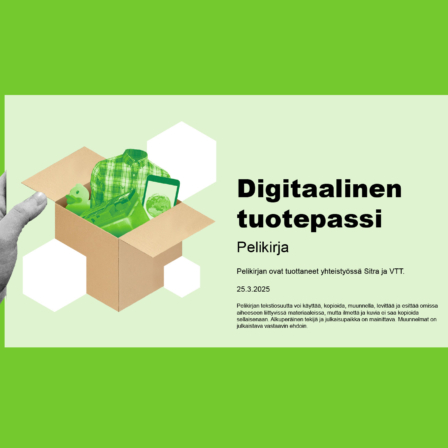
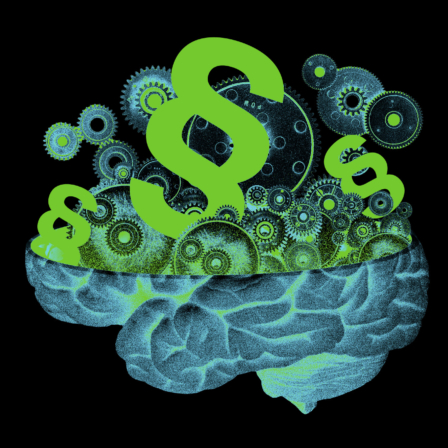
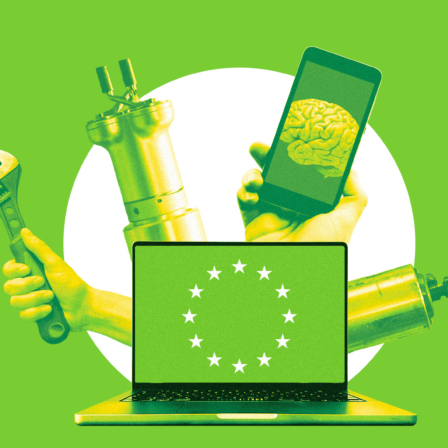
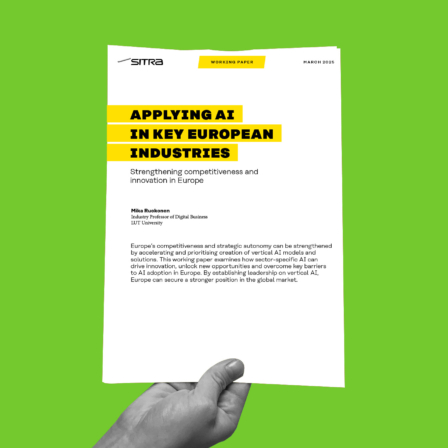

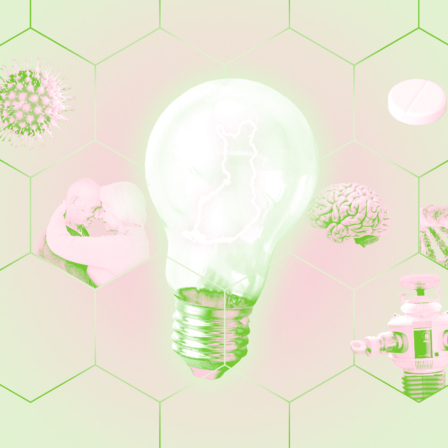
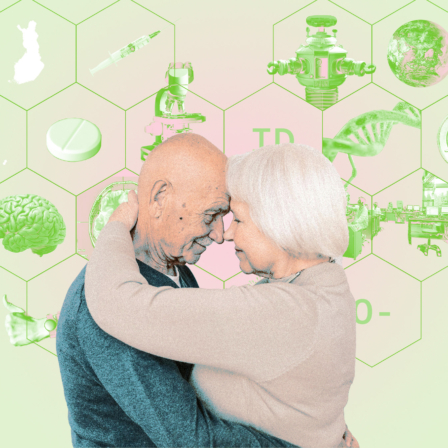
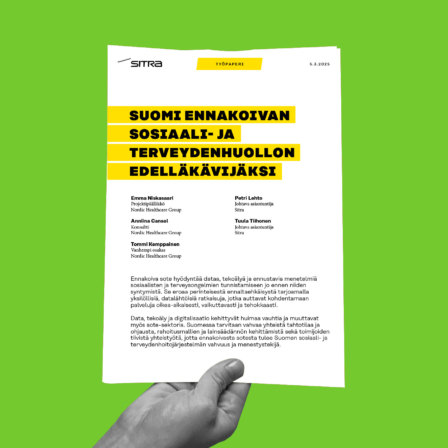
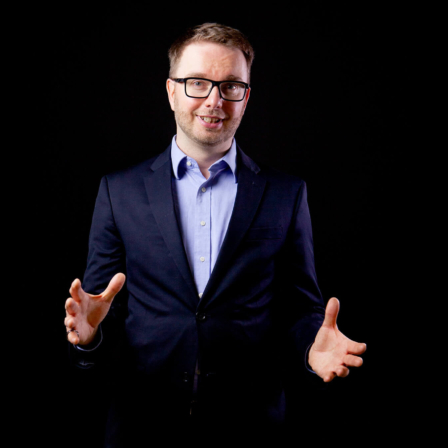

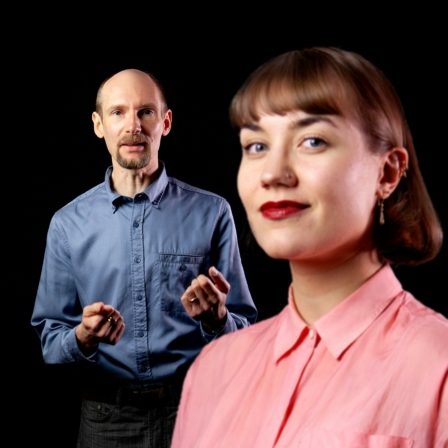
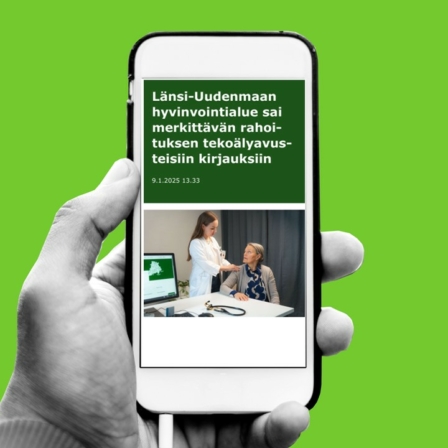
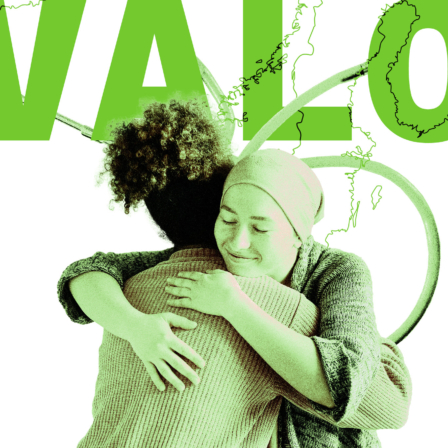

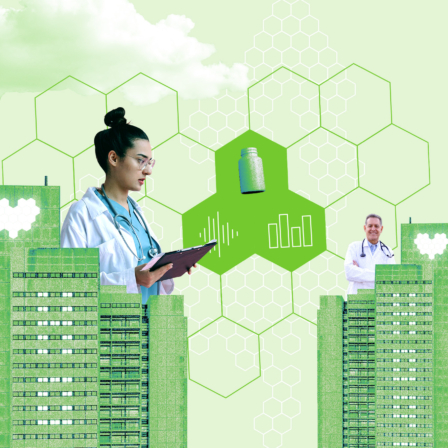





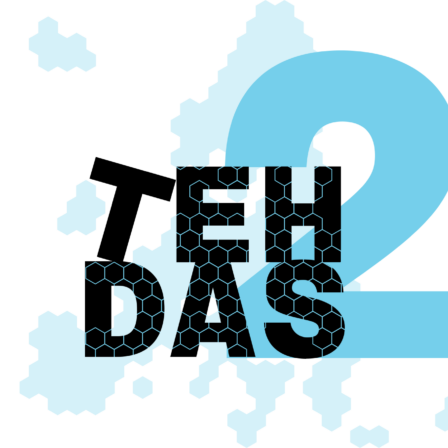

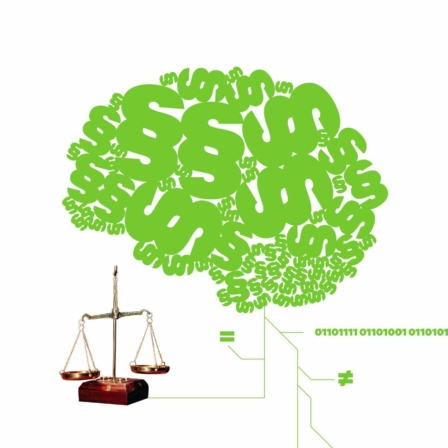



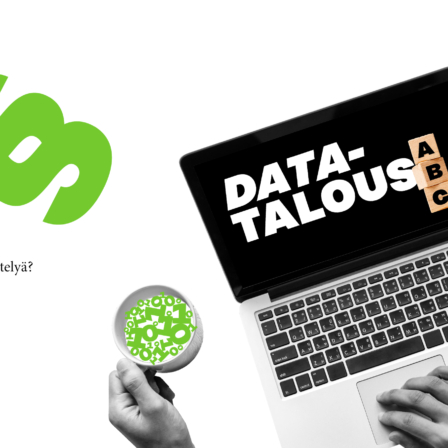
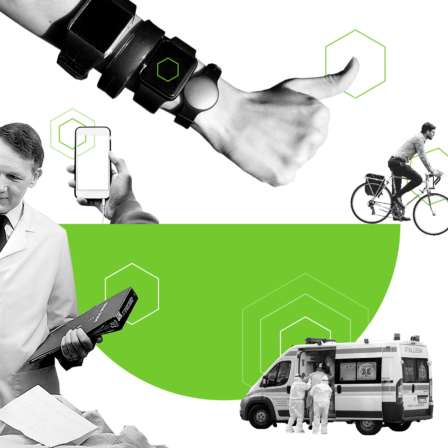


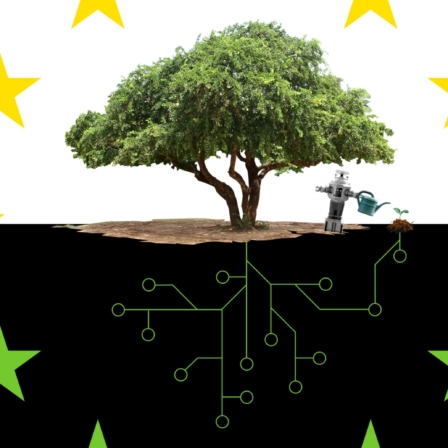
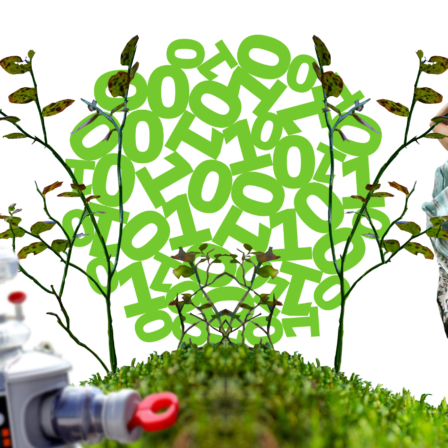





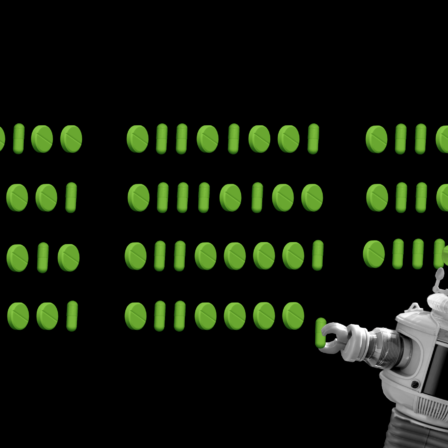

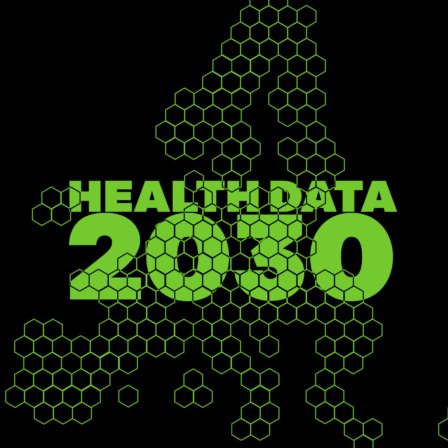


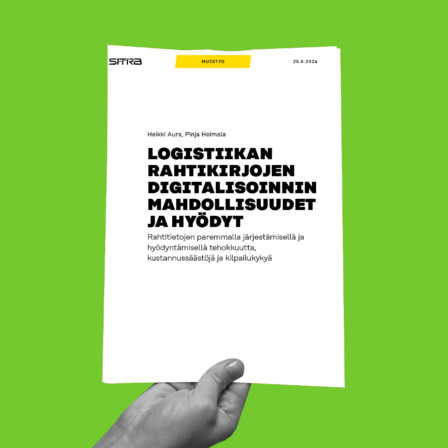

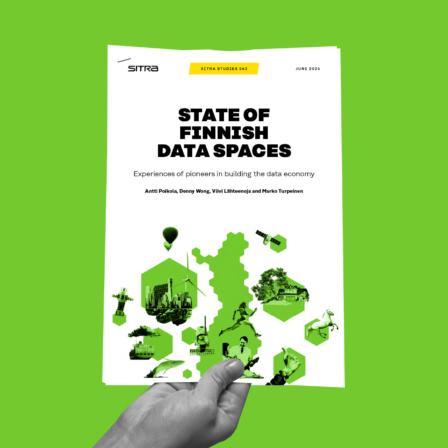
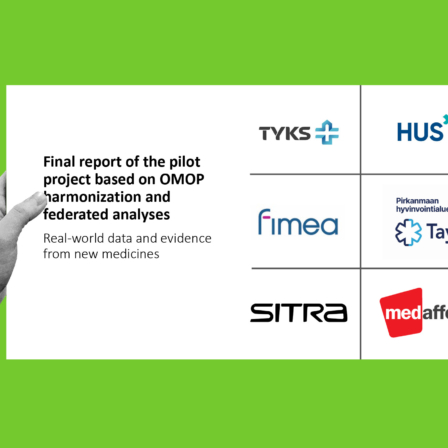
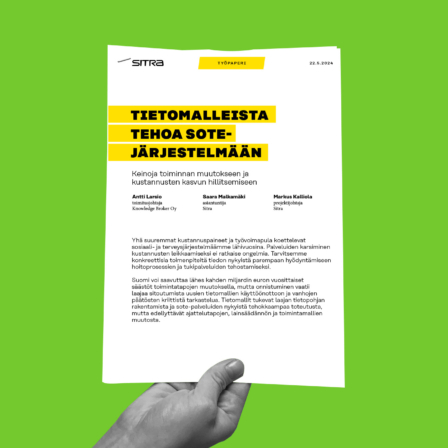
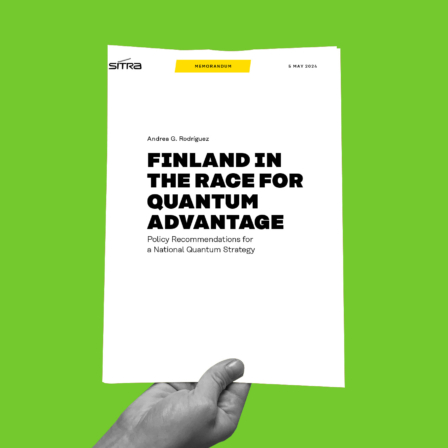
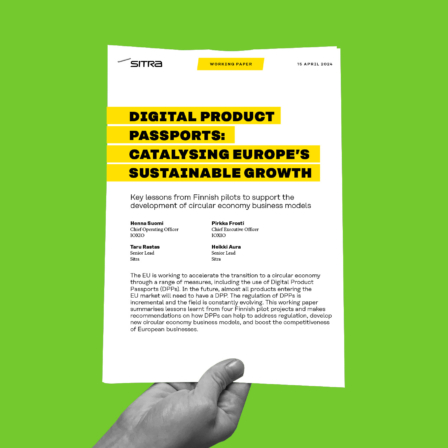
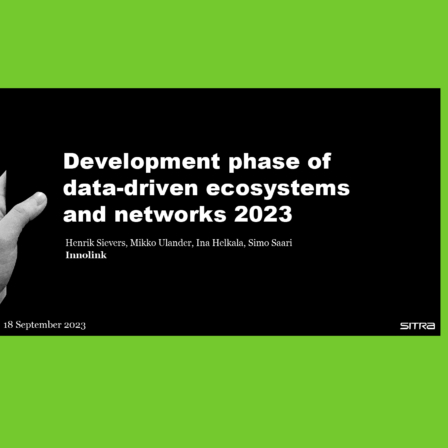
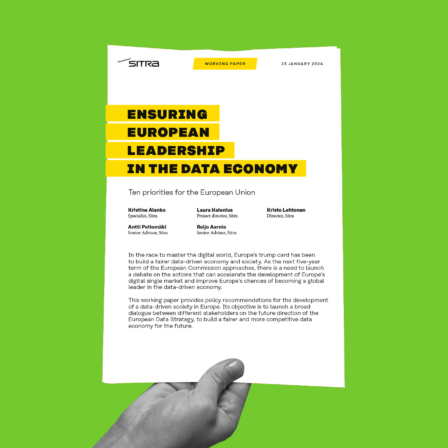


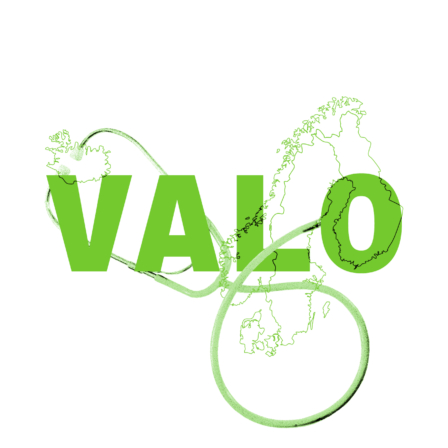










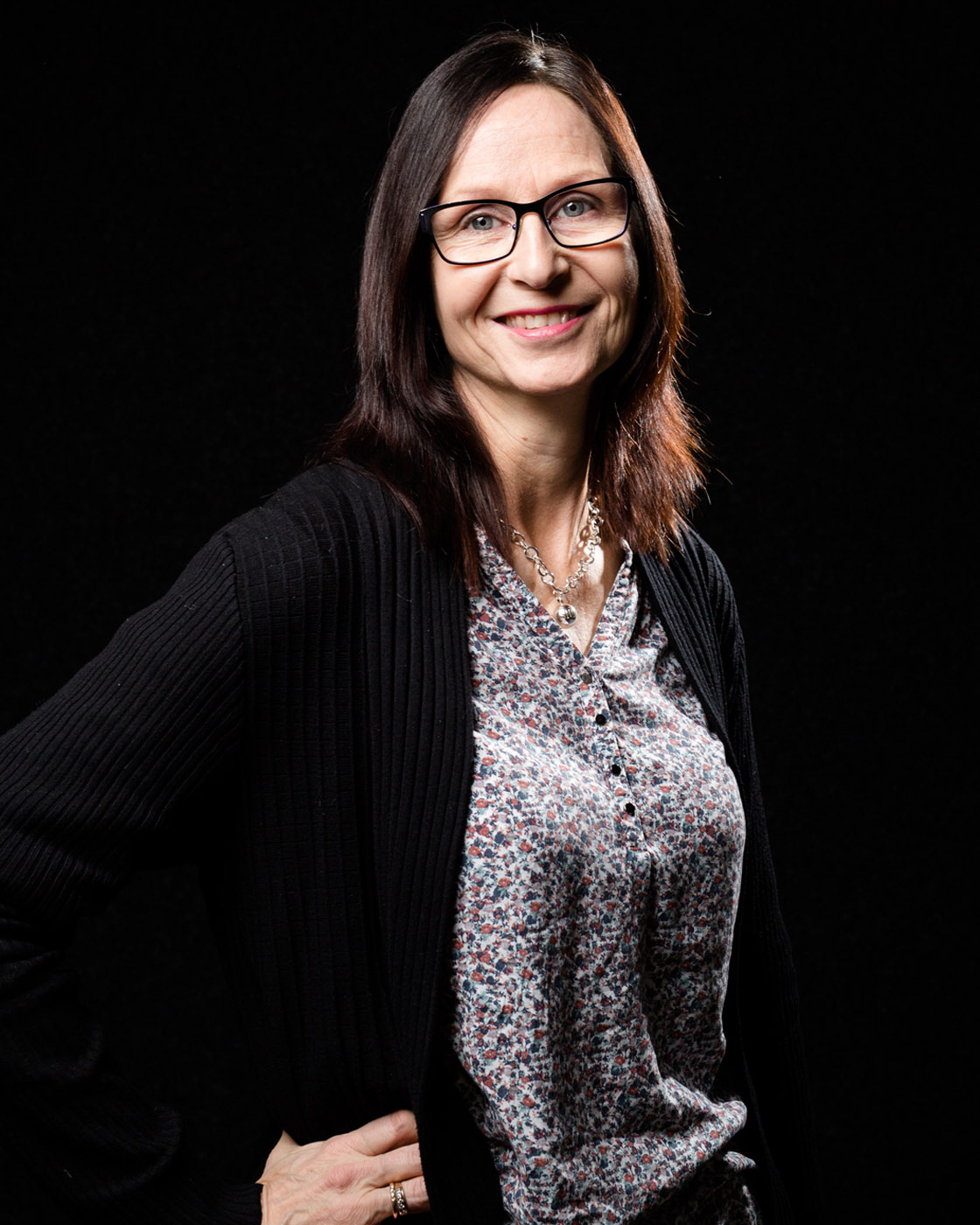
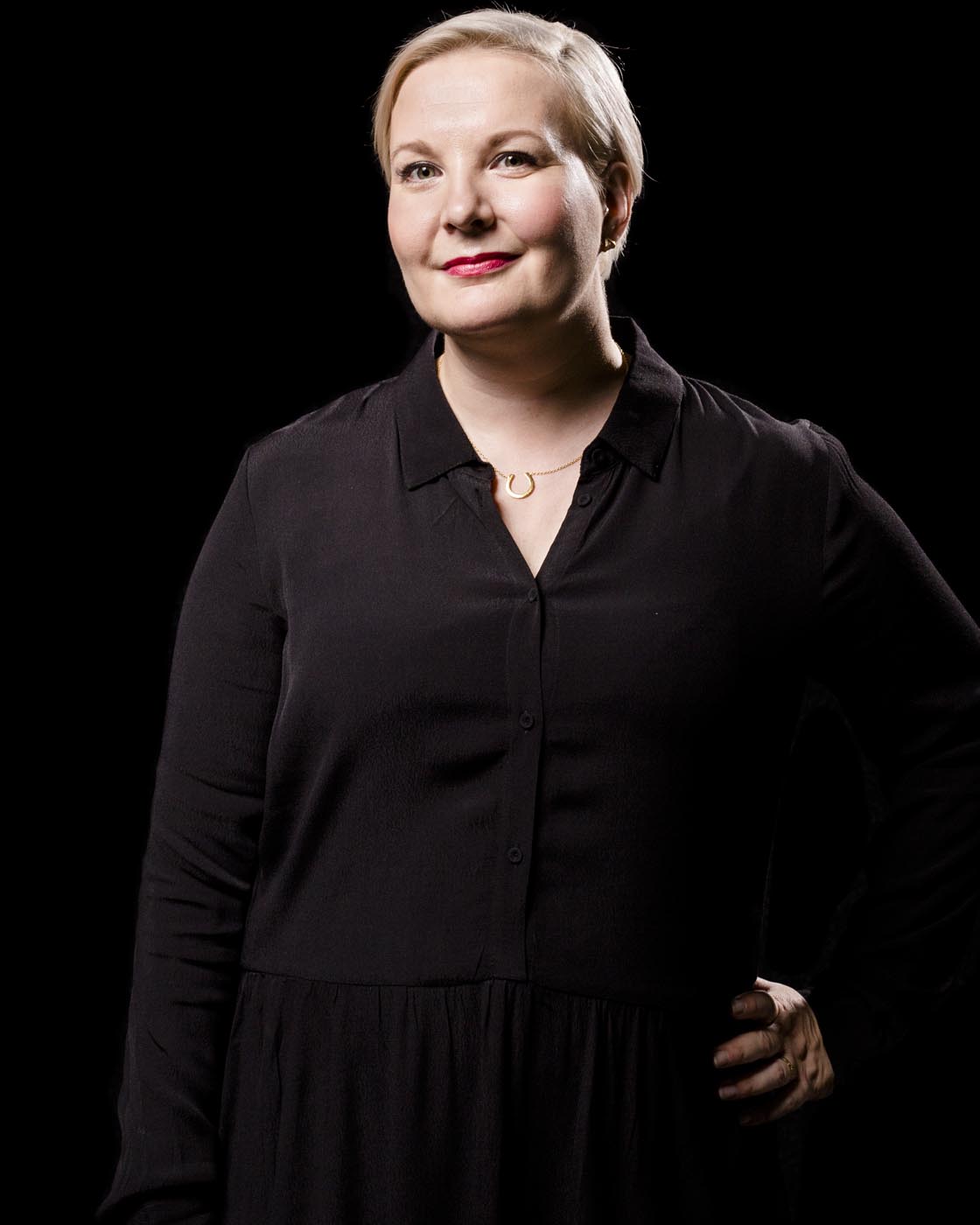
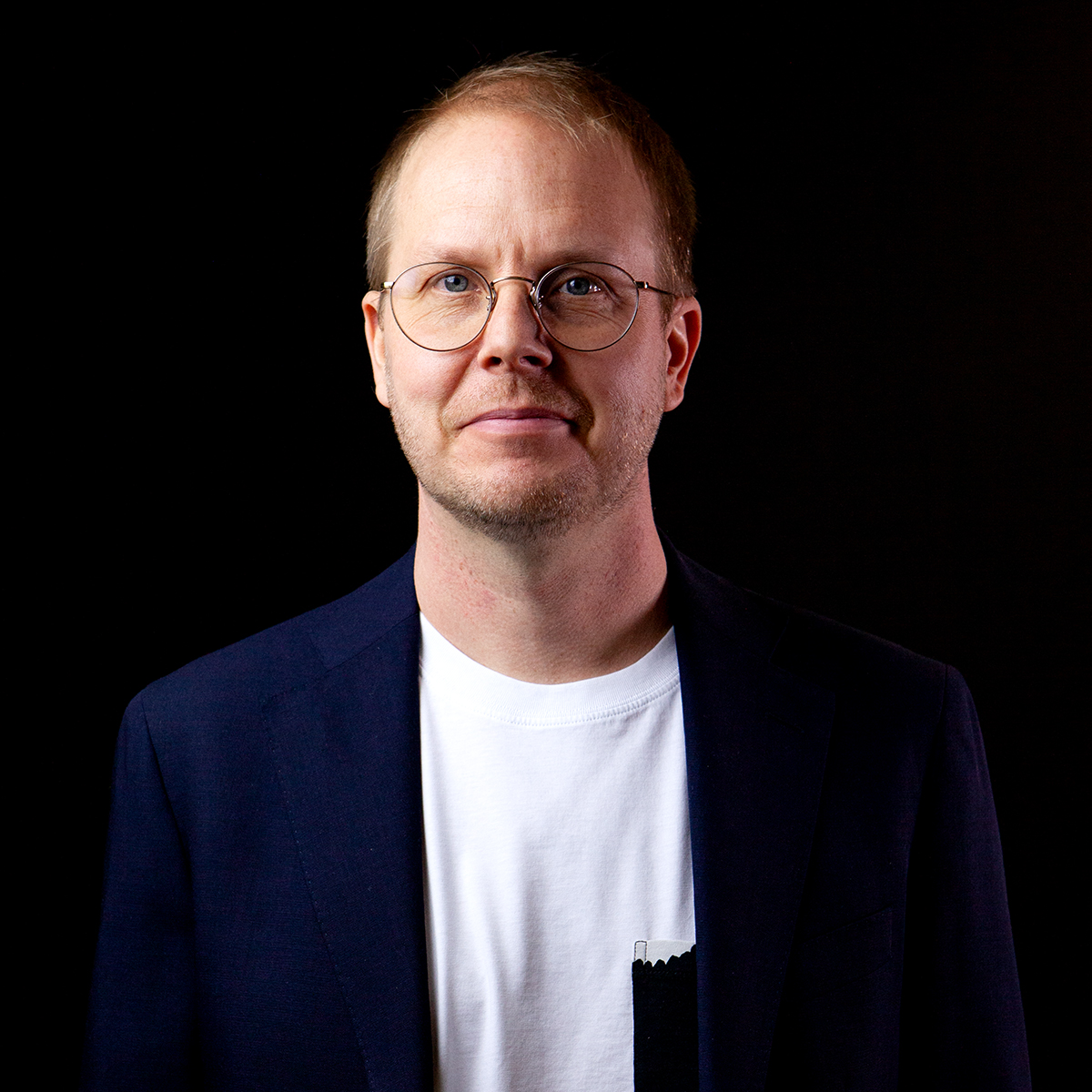
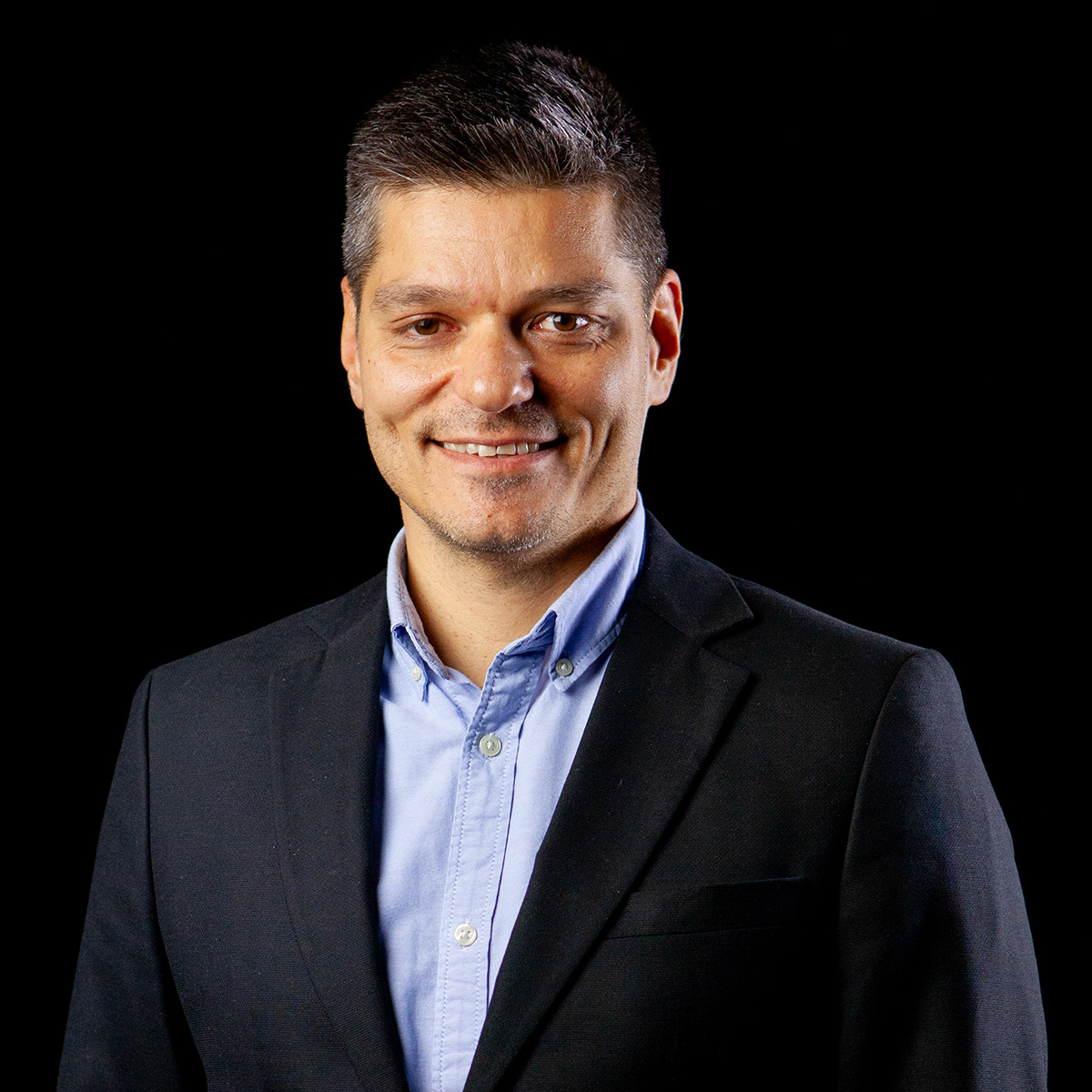

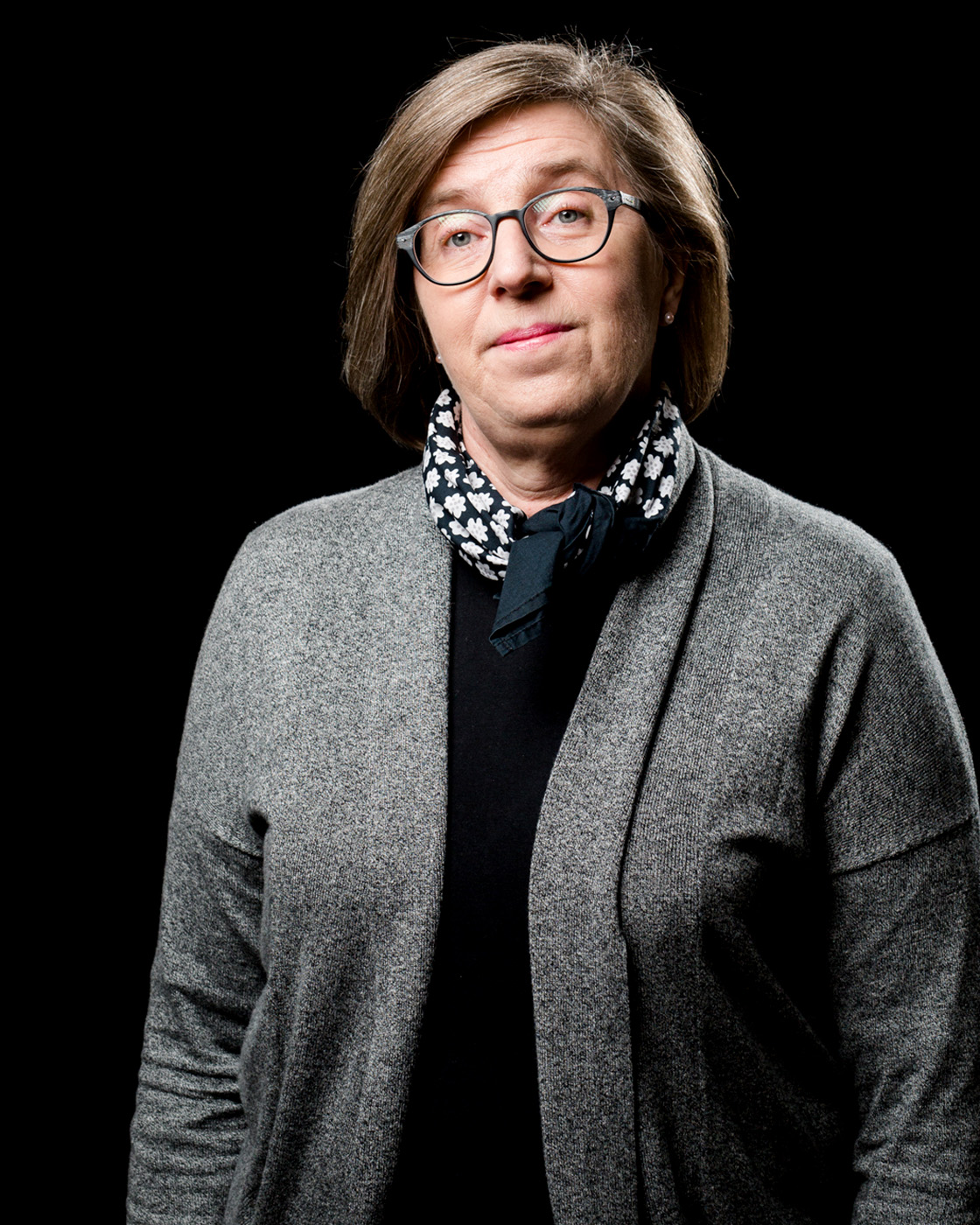
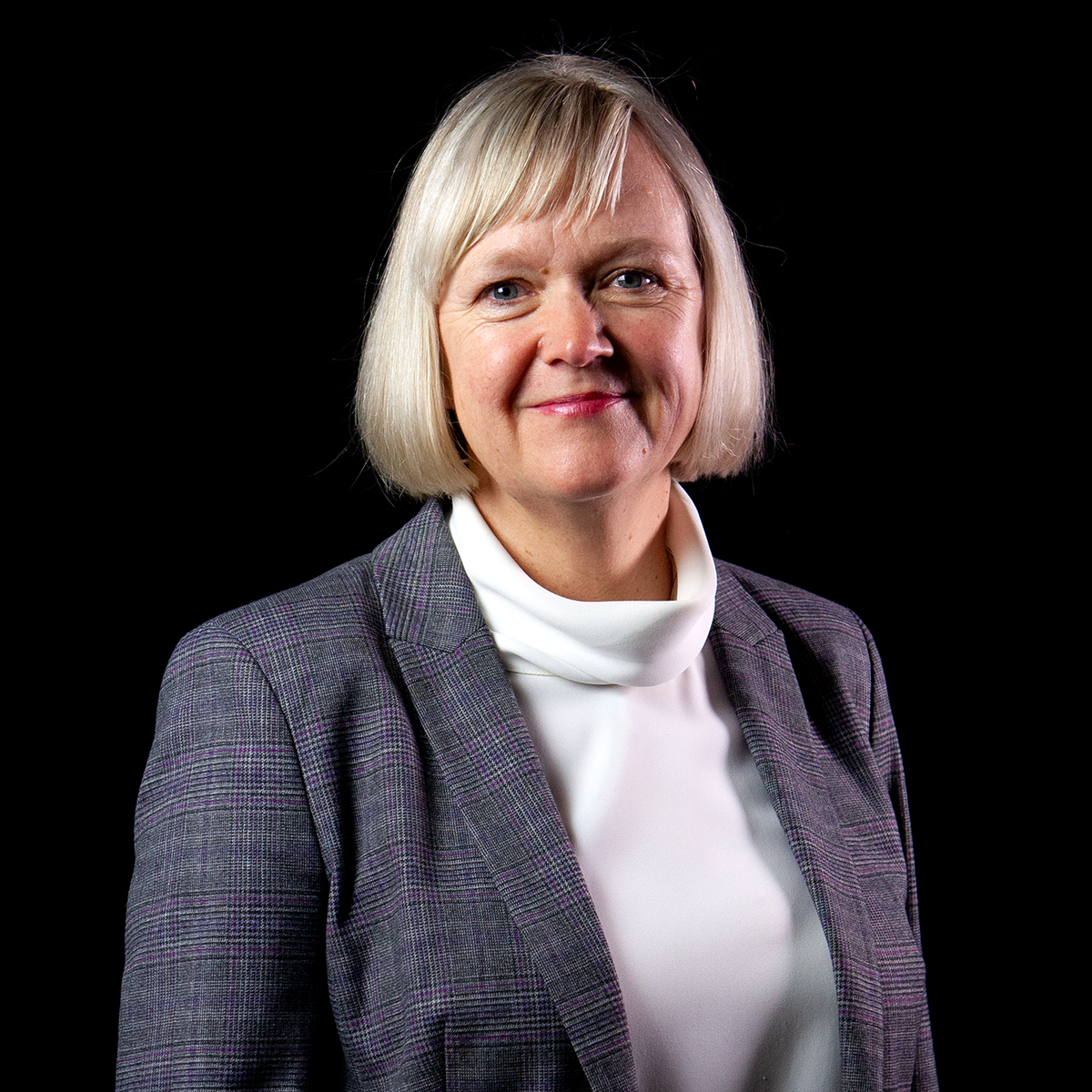

Latest
What’s up?